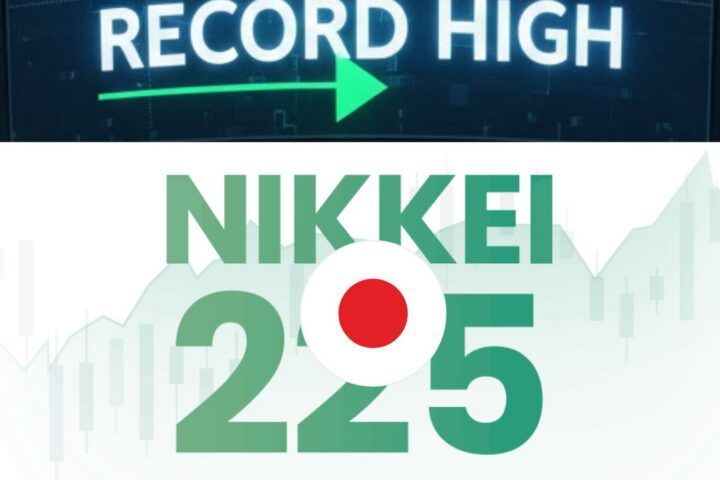RADNOR, Pa., Feb. 6, 2022 /PRNewswire/ — The law firm of Kessler Topaz Meltzer & Check, LLP informs investors that a securities class action lawsuit has been filed against Paysafe Limited (“Paysafe”) (NYSE: PSFE) f/k/a Foley Trasimene Acquisition Corp. II (“FTAC”) (NYSE: BFT). The action charges Paysafe with violations of the federal securities laws, including omissions and fraudulent misrepresentations relating to the company’s business, operations, and prospects. As a result of Paysafe’s materially misleading statements to the public, Paysafe investors have suffered significant losses.
PAYSAFE’S MISCONDUCT
Paysafe, a Bermudian company with principal executive offices in Hamilton, Bermuda, provides end-to-end payment solutions through three primary business segments: Integrated Processing, Digital Wallet and eCash Solutions.
The Class Period commences on December 7, 2020, when FTAC announced that it had entered into a definitive agreement and plan of merger with Paysafe Group Holdings Limited. In connection with this announcement, the defendants represented that the transaction would position Paysafe for strong, accelerated growth. Thereafter, and throughout the Class Period, the defendants repeatedly assured investors that Paysafe was executing well against its strategy and was positioned for strong growth throughout 2021.
Investors began to learn the truth about Paysafe on August 16, 2021, when Paysafe announced its financial results for the second–quarter of 2021 and provided disappointing guidance for the third quarter of 2021. Specifically, the defendants projected third quarter revenue of between $360 million and $375 million—well below analysts’ estimate of $389 million. The defendants attributed this weak guidance to challenges in Paysafe’s Digital Wallet segment, including “some softness in the . . . online gambling space” in European markets.
Nonetheless, Defendants assured investors that the company would rebound in the fourth–quarter of 2021, stating that “Q4 is . . . where you start seeing a double-digit growth in Digital Wallet’s revenue,” and reiterating that despite a weak third quarter, the company still expected full-year 2021 revenue of between $1.53 billion and $1.55 billion due to strong fourth quarter expected results.
Following this news, the price of Paysafe common stock declined $1.58 per share, or more than 15%, from a close of $10.20 per share on August 13, 2021, to close at $8.62 per share on August 16, 2021.
Then, on November 11, 2021, Paysafe announced its third–quarter 2021 financial results—including below-guidance quarterly revenue of $353.6 million—and lowered its full-year 2021 guidance for revenue and other financial metrics. Specifically, the defendants revealed that, due to “[g]ambling regulations and softness in key European markets and performance challenges impacting the Digital Wallet segment,” as well as “modified scope and timing of new eCommerce customer agreements relative to [Paysafe]’s original expectations for these agreement,” they now expected full-year 2021 revenue of between $1.47 billion and $1.48 billion. Additionally, the defendants provided disappointing guidance for the fourth quarter of 2021, projecting quarterly revenue of between $355 million and $385 million.
Following this news, the price of Paysafe common stock declined $3.03 per share, or more than 41%, from a close of $7.27 per share on November 10, 2021, to close at $4.24 per share on November 11, 2021.
The O’Brien Action alleges that, throughout the Class Period, the defendants misrepresented and/or failed to disclose that: (1) Paysafe was being negatively impacted by gambling regulations in key European markets; (2) Paysafe was encountering performance challenges in its Digital Wallet segment; (3) new eCommerce customer agreements were being pushed back; and (4) as a result, the defendants’ statements about Paysafe’s business, operations, and prospects lacked a reasonable basis.
WHAT CAN I DO?
Paysafe investors may, no later than February 8, 2022, seek to be appointed as a lead plaintiff representative of the class through Kessler Topaz Meltzer & Check, LLP or other counsel, or may choose to do nothing and remain an absent class member. Kessler Topaz Meltzer & Check, LLP encourages Paysafe investors who have suffered significant losses to contact the firm directly to acquire more information.
WHO CAN BE A LEAD PLAINTIFF?
A lead plaintiff is a representative party who acts on behalf of all class members in directing the litigation. The lead plaintiff is usually the investor or small group of investors who have the largest financial interest and who are also adequate and typical of the proposed class of investors. The lead plaintiff selects counsel to represent the lead plaintiff and the class and these attorneys, if approved by the court, are lead or class counsel. Your ability to share in any recovery is not affected by the decision of whether or not to serve as a lead plaintiff.
ABOUT KESSLER TOPAZ MELTZER & CHECK, LLP
Kessler Topaz Meltzer & Check, LLP prosecutes class actions in state and federal courts throughout the country and around the world. The firm has developed a global reputation for excellence and has recovered billions of dollars for victims of fraud and other corporate misconduct. All of our work is driven by a common goal: to protect investors, consumers, employees and others from fraud, abuse, misconduct and negligence by businesses and fiduciaries. At the end of the day, we have succeeded if the bad guys pay up, and if you recover your assets. The complaint in this action was not filed by Kessler Topaz Meltzer & Check, LLP.







